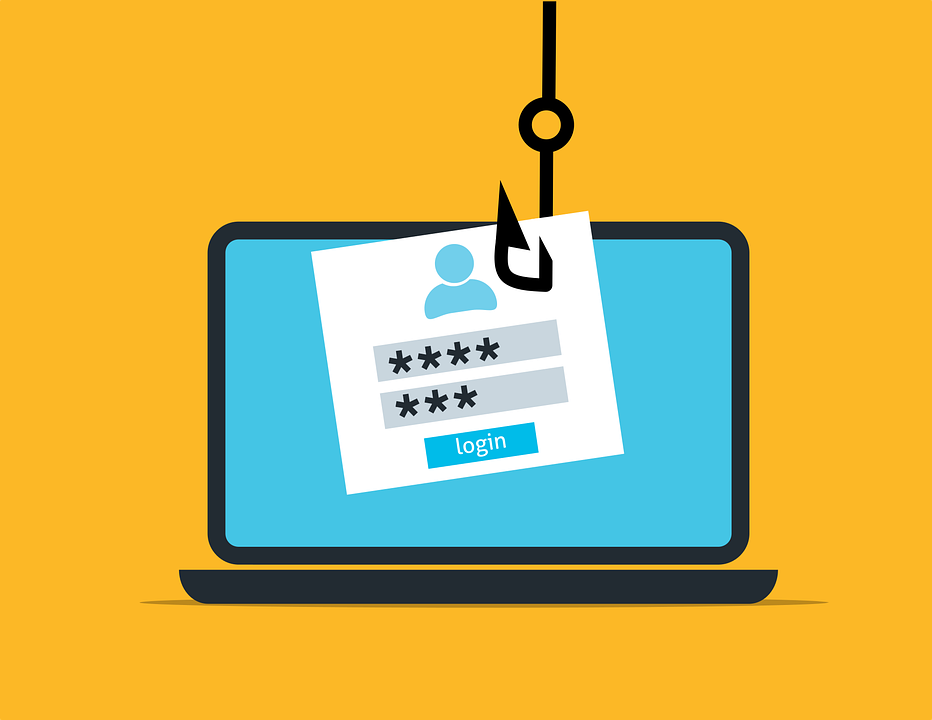How to Avoid Hard Money Lender Scams
by Abdul Aziz Mondal Finance Published on: 27 November 2021 Last Updated on: 13 January 2025

As hard money loans become increasingly popular among real estate investors, a new breed of lenders has also emerged. This group of lenders is targeting unsuspecting customers, and they come with different scam tactics. Some charge very high-interest rates, while others steal personal information or disappear with the upfront fees.
Below, we’ve discussed more hard money loans and how to avoid hard money lender scams.
What are Hard Money Loans?

A hard money loan is a loan from a private or non-traditional lender. Hard money loans are often used by real estate investors who need quick funding to buy investment properties. These loans are known as short-term bridge loans due to their uniquely short-term repayment periods.
Unlike traditional loans from banks and other money lending institutions, hard money loans have higher interest rates. Lenders also take a short time to review the loan terms, approve the loan and deposit the money to the borrower’s account.
How Hard Money Works
Hard money loans have a shorter repayment period, often six to twelve months. There are also several factors the lender will use to determine who qualifies for the loan. One factor is whether your cash reserve is enough to pay the loan fees and monthly payments. Another one is the amount of equity you can put into the purchase of the property.
Your experience in the real estate market also plays a significant role when the lender decides who gets the loan first. If it’s your first time, you might have a hard time getting approved for the loan. In some instances, your income, savings, and ability to collateralize other properties double your qualification for a hard money loan.
That said, hard money loans come with slightly high-interest rates. These rates usually depend on the period the loan is given and the evaluated risks. Traditionally, the interest rate for a hard money loan may vary from 7% to 15%.
Related Resource: Crowdfunding: How It Applies to the Real Estate Market
Hard Money Lending Scams

Unlike traditional lenders such as banks, hard money lenders do not have strict oversight bodies to regulate their operations keenly. This makes it hard to determine a legitimate hard money lender, especially when searching online.
The rule of the thumb is to be vigilant enough when researching before starting the application. Below are the different types of hard money lending scams and how to spot them.
The cons: Bait and Switch lenders
These lenders promise low processing fees and low-interest rates but suddenly change their rates while closing the loan. If the rates are around 5% or below, it’s often a red flag. Similarly, if the lender isn’t asking for collateral, it’s a sign of a scam. Other things to look out for are unclear and ambiguous instructions in the application forms.
The Fee Collectors
These hard money lenders charge hefty upfront fees with the promise of processing the loan. After taking the fees, they disappear and never communicate back. These fees often come as due diligence fees or other hidden fees, such as application fees or documentation fees. Regular fees to look out for include origination fees, appraisals, inspections, environmental fees, etc.
Identity Thieves
This type steals the personal information you submit to them and may use these details to commit fraud. To avoid such issues, never submit any filled form without verifying that the lender is legit. You should also avoid giving out sensitive information online, e.g., social security no, date of birth, banking details, credit card info, etc.
When applying for a hard money loan, you always want to do your research. Be on the lookout for any red flags early enough to avoid being scammed. Also, confirm the legitimacy of the company or lender before making any move.
Avoiding Hard Money Lender Scams
The first step to avoiding falling into the hands of scammers is to be aware. Next is to find a reputable lender, build relationships to ascertain legitimacy, and stick to the lender even in future loans. Here are the other things you should do when looking for a hard money lender:
Do your research –
Consult other investors you associate with. You should also check online reviews and testimonials about the lender. Having a look at their social media sites and websites will give you a feel about the lender.
Check the lender’s requirements for approval –
Lenders have pre-established requirements to be fulfilled before the financing process begins. Similarly, if the conditions are the bare minimum with too good to be true deals, that could signify a scam.
Does the state regulate them? –
Ask the lender to give their title company and do the best you can to check if they are state-regulated. If the lender doesn’t provide the title company or give an excuse, it’s definitely a red flag.
Choose a Reputed Hard Money Lender
Not all hard money lenders are legit and trustworthy. So, you should always pay attention to the red flags we’ve identified above. The best hard money lenders are reputed and trusted by other real estate investors. Instead of being attracted to the low fees and interest rates, first, do your research to check if they are legit or bad actors.
Read Also:



































































































